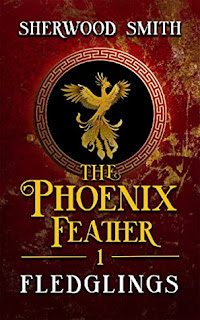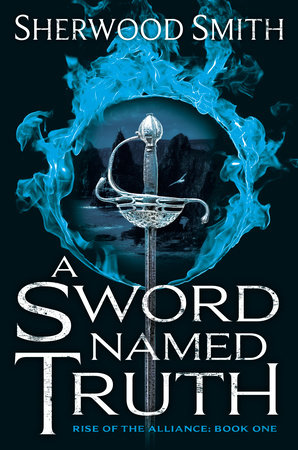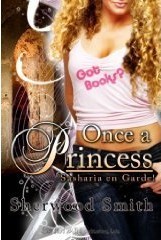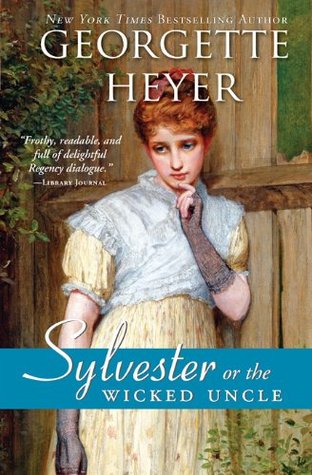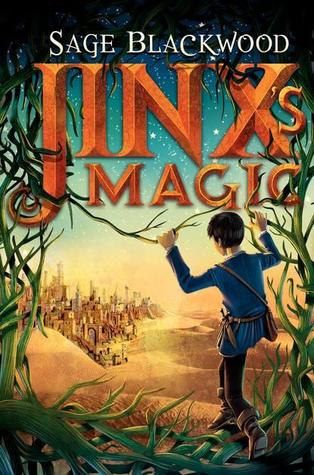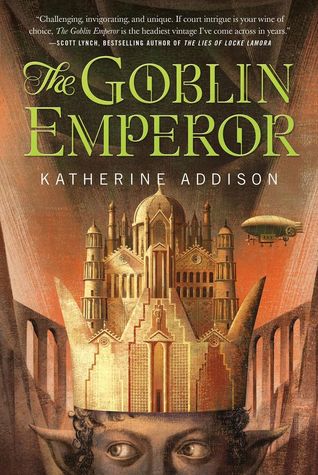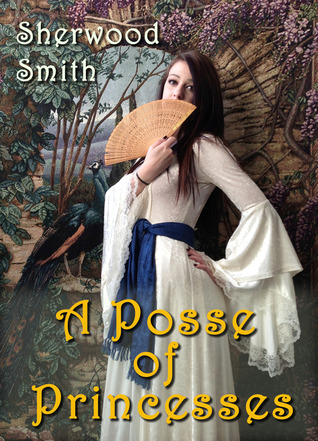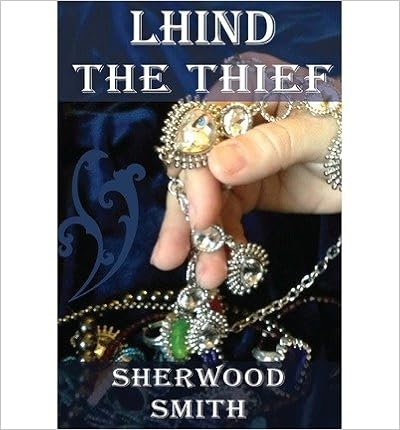"The Protagonist Problem" is a great essay in Uncanny Magazine by Ada Palmer and Jo Walton, and I think you should read the whole thing, but here's the gist:
Jo Walton coined the word protagonismos in 2010 to mean “the kind of person stories happen to,” but I’m extending that meaning here. We tell a lot of stories in which one special person has the power to save the day, make the difference, solve the problem, and change everything. They might be superhero, a long-lost royal scion, the last of their race, a child of prophecy, or they might—like Frodo—be an everyman who has that special courage or other quality which saves the day. Protagonismos is the protagonist spark, that quality some characters possess which means the plot will not advance until our hero comes to lead the action, be it to victory or defeat.
The authors make the argument that while this kind of hero-centred story is great, it becomes a problem if that's the only kind of story we tell.
When some stories center protagonists, while others center teams, movements, families, etc., that teaches us that there are many ways a world can change, but when almost every story has protagonismos, it teaches us that all worlds work this way, and leads people to see the real world and real history as resting in the hands of real-world protagonists. This is harmful. It’s harmful when people see themselves as not protagonists, and differently harmful when people see themselves as protagonists.
Novels have become more and more protagonist-centred in recent decades, to the point that writing instruction often assumes protagonismos and considers it a flaw if a story lacks it (see writing advice like, "the plot has to be influenced by the protagonist; things can't just happen to her"). I had never thought about it before—and that's their point: we take it as a given, without examining the assumptions behind it. Like I said, read the whole essay; it's great.
I bring it up because I just finished the fourth (and final) book in Sherwood Smith's latest fantasy adventure series, The Phoenix Feather. Although it starts out seeming like a typical hero story (I described the first book as a martial arts hero origin story), it ends up with multiple POV characters, all of whom influence the outcome in essential ways. And it was very satisfying!
I absolutely loved that it's a story of a family—of more than one family, actually. It follows every member of the Afan family as they make their separate ways across an empire, always trying to protect each other no matter what other intrigue or danger or opportunity they are navigating. And in the meantime we get glimpses of the Imperial family—and the difference in the sibling bonds and parent-child relationships almost becomes heartbreaking, because we see genuine love and affection in both cases, even when twisted by ambition and fear.
I loved the conflict that is set up between the two families, and the way it plays out in long threads that tangle with each other and draw everyone inexorably together. I loved the braided nature of the narrative: following first one character, then another; hoping, fearing, knowing that their paths will intersect; watching the repercussions of each intersection ripple out and affect everyone else.
The Phoenix feather of the series title is an interesting plot device—an augur of greatness, it teases us over four books: to whom does this great fate belong? Who will fulfill the promised destiny? At different times you'll think you have it figured out, but you'll likely be wrong! In the meantime, you're rooting for all three Afan children, who pursue greatness in military, artistic and martial arts spheres, not to mention several other characters who befriend and help them and have great potential.The setting is gorgeous; the magic is fun; the battles and spying and escapes and training montages and intrigue are everything you want from escapist fantasy: stressful enough to keep you engaged while never being in any doubt that everything will all work out somehow. I devoured all four books, and I can see myself rereading them frequently.
(The level of violence is almost middle-grade. It's not aimed at a young audience, but I think sophisticated younger readers would enjoy it. If you've read her earlier work, it's similar to the Inda series but less adult in theme and treatment.)



